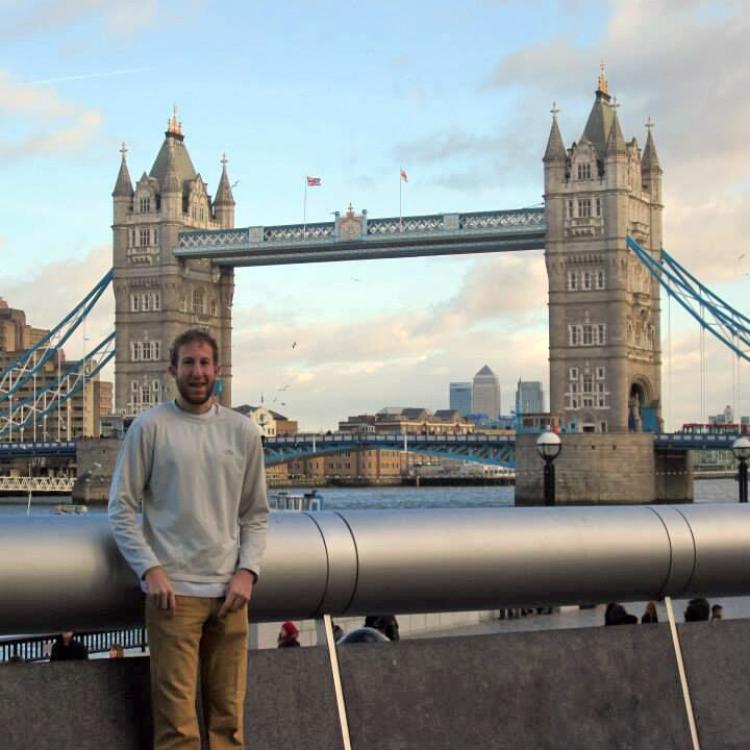Lapointe Lands NSF Graduate Fellowship

Caelan Lapointe
Turbulence and Energy Systems Laboratory (TESLa)
I work with computational fluid dynamics software to model turbulent fluid flow and heat transfer relating to catalytic combustion. Work to date has involved developing models in OpenFOAM to learn about the flow in question.
In the future I will be performing adjoint optimization on key model parameters, such as the geometry of a catalytic burner, and other combustion processes.
From rebuilding disaster-stricken communities to studying the effect of climate change on human migration patterns, 27 University of Colorado Boulder graduate students, including one from mechanical engineering, will have an opportunity to expand their research efforts in the coming years after winning a prestigious 2017 National Science Foundation (NSF) Graduate Research Fellowship.
The awards, recognize outstanding graduate students from across the country in science, technology, engineering and mathematics (STEM) fields.
The winner from mechanical engineering is Caelan Lapointe, a PhD student in professor Peter Hamlington's Turbulence and Energy Systems Laboratory. (Read more about Lapointe in the sidebar.)
This year, NSF received over 13,000 applications and made 2,000 award offers to students nationwide.
The 2017 CU Boulder winners represent a wide range of scientific disciplines from across campus, including astronomy, engineering, physics, evolutionary biology, mathematics, sociology and more.
Each recipient will receive a $34,000 annual stipend for the next three years as well as professional development opportunities. In addition to the 27 fellowship award winners, another 26 CU Boulder students earned Honorable Mention recognition.
The College of Engineering and Applied Science saw a 50 percent increase in the number of NSF graduate fellowships this year, with awards across the full breadth of the college.
“The number and diversity of NSF fellowships awarded to our graduate students show that the depth and breadth of our college’s fundamental research continues to expand,” said Bobby Braun, dean of the College of Engineering and Applied Science. “I know that their groundbreaking research efforts will help build a better society and improve people’s lives.”

